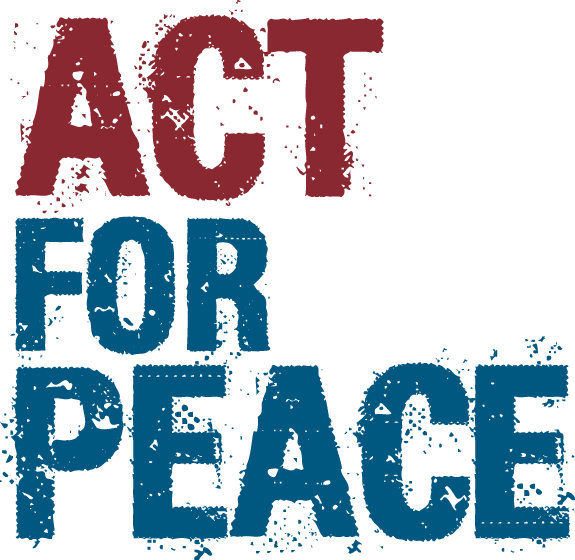News
The human stories behind the headlines
Behind the statistics are real people with real stories and aspirations.
From people who are experiencing or facing displacement, to our local partners and our dedicated team, here you can meet some of the amazing people behind the headlines who are working to create a world where everyone belongs.
Latest News
Working in solidarity with our local partners around the world to empower people displaced by conflict and disaster to regain and retain the peace of a safe place to belong.
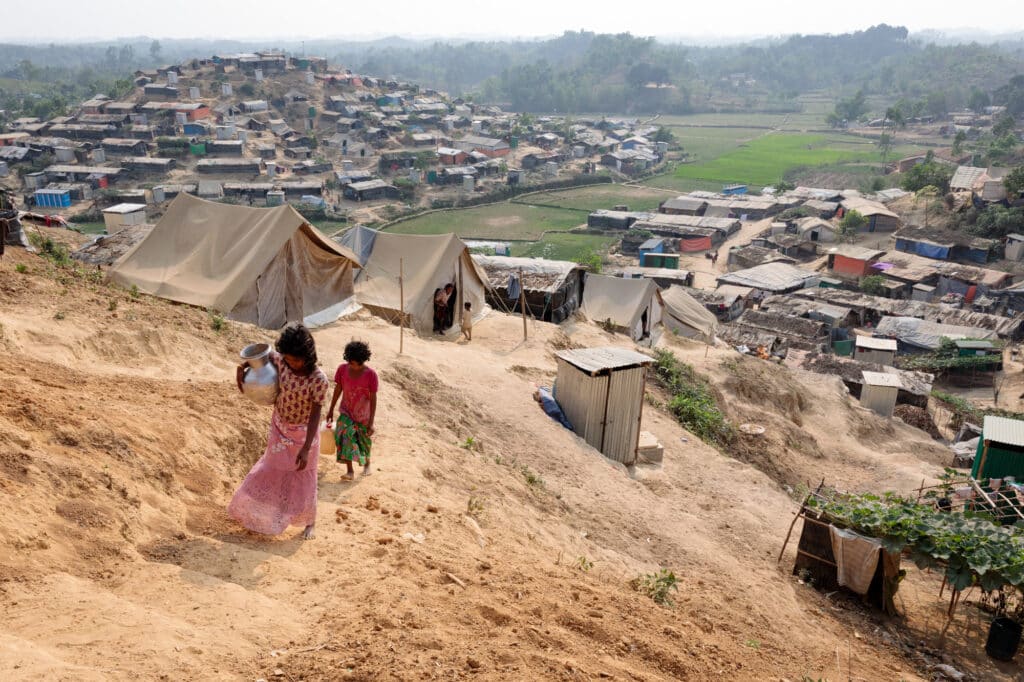
Taking participation seriously – why we need a legal framework for refugees to have a say
Act for Peace has always been committed to amplifying the voices of people who are displaced as key to facilitating a truly locally led approach.
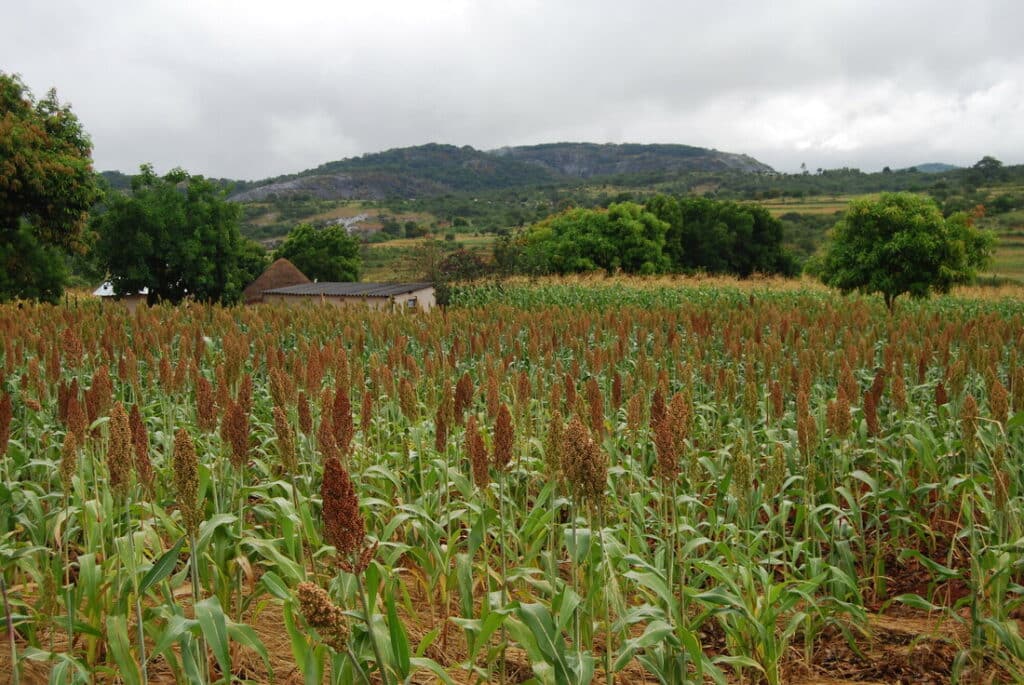
Harvesting better futures in Zimbabwe
Women like Juliet are leading the way toward climate-resilient farming, food security and empowered communities.
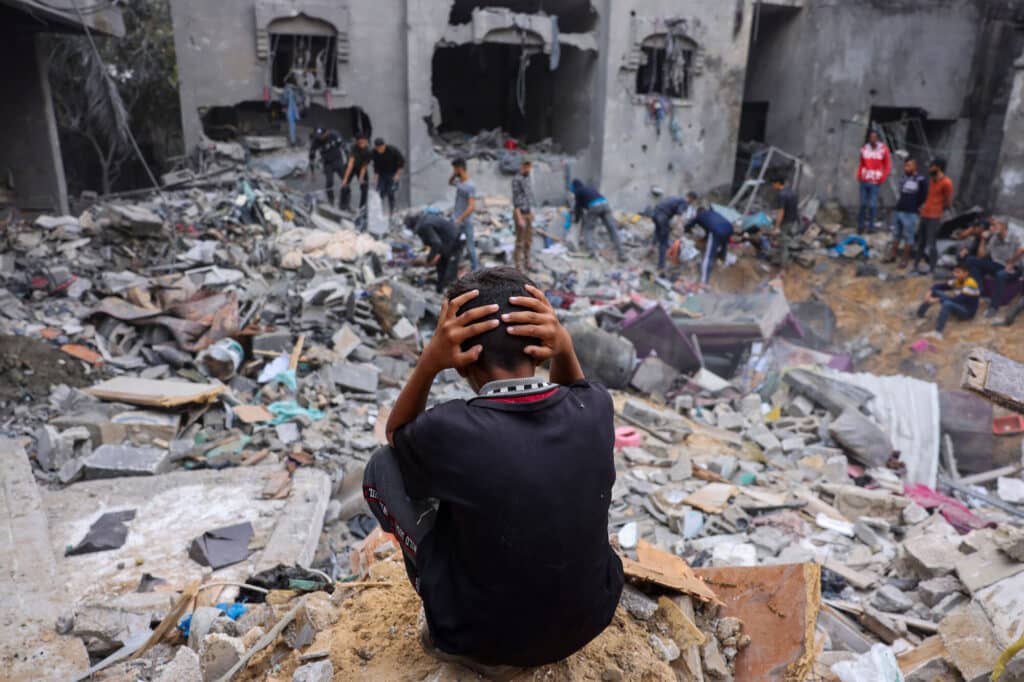
Humanitarian crisis in Gaza
As global pressure on Israel increases to allow aid into Gaza, our collective voices are needed now more than ever to end the humanitarian crisis in Gaza.
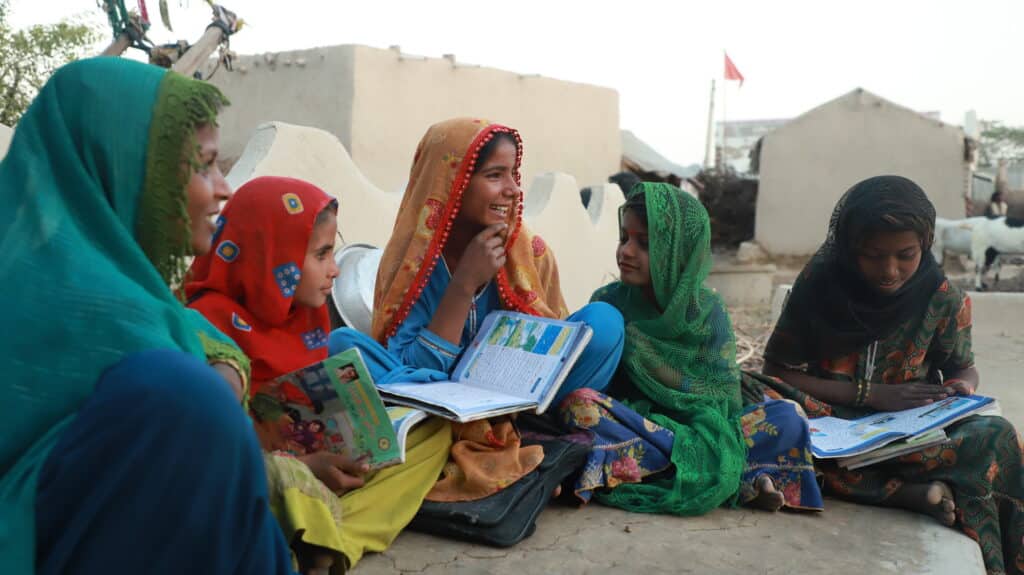
Life changing education for girls in Pakistan
Education for girls in Pakistan is not universally accessible.
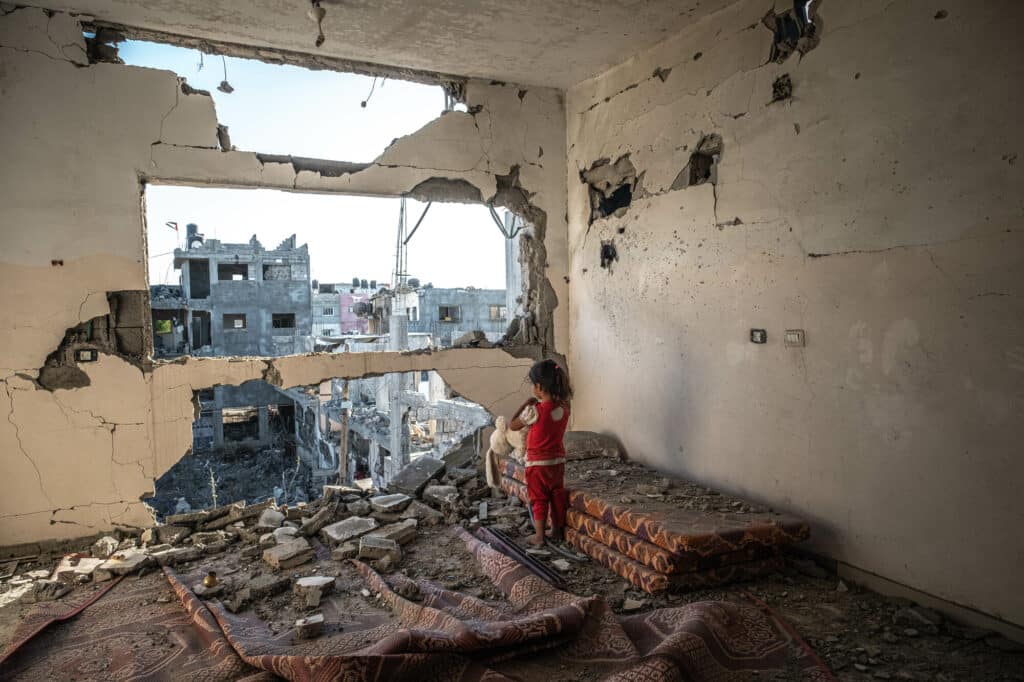
Israel must end blockade – Gaza aid urgently needed
Since the ceasefire collapsed in Gaza in March, people in the war-torn region are facing catastrophic conditions.
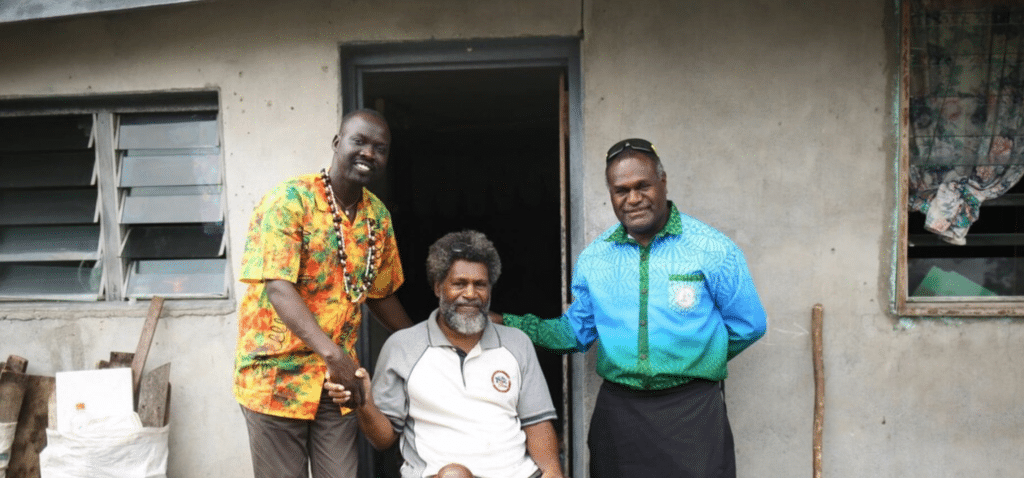
Farewelling our CEO
Act for Peace bids a warm farewell to Elijah Buol OAM, whose service as CEO comes to a close this week. Elijah has brought a deep understanding of the issues faced by those experiencing displacement through his lived experience as a refugee. Act for Peace is firmly committed to being a movement for peace, and
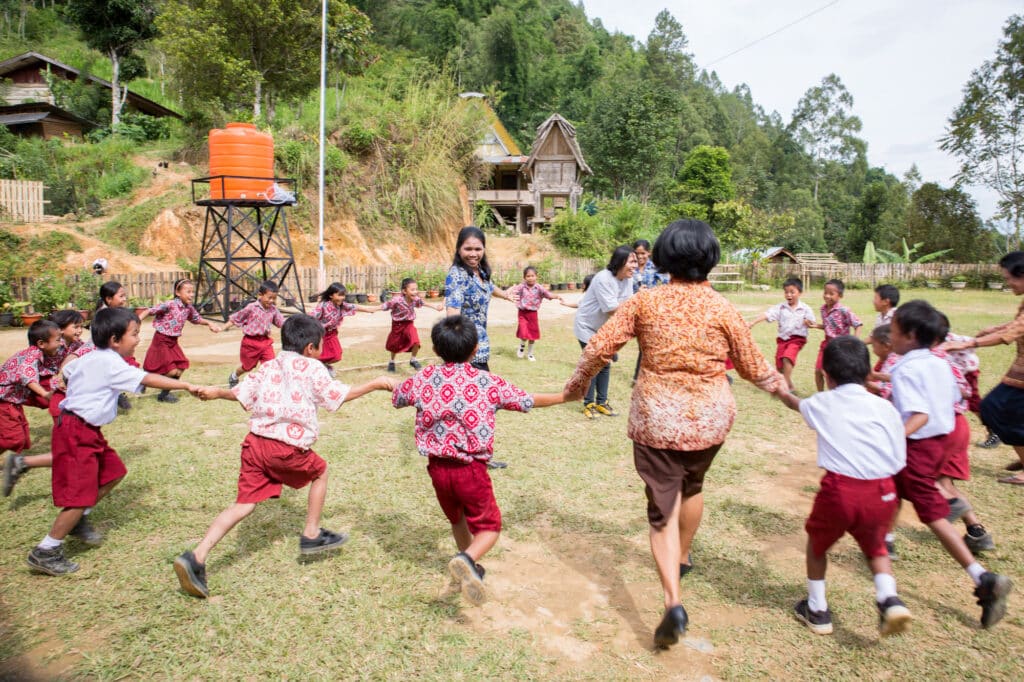
Indonesian humanitarian programs hit by aid cuts
As developed nations slash global aid funding, the impact on the NGOs we work alongside is drastic.
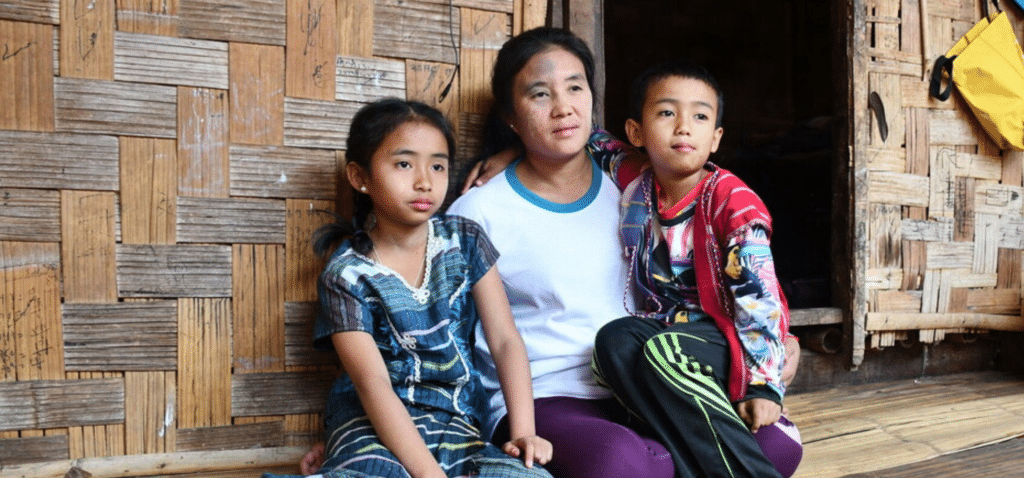
Uncertainty for Myanmar refugees in Thailand
With ongoing cuts to government aid funding worldwide, the most vulnerable populations have been caught in the political crossfire. Refugees and displaced people, who rely on aid to survive, are facing the very real threat of hunger and disease. People like the 108,000 refugees who call the refugee-led camps on the Thai-Myanmar border home.
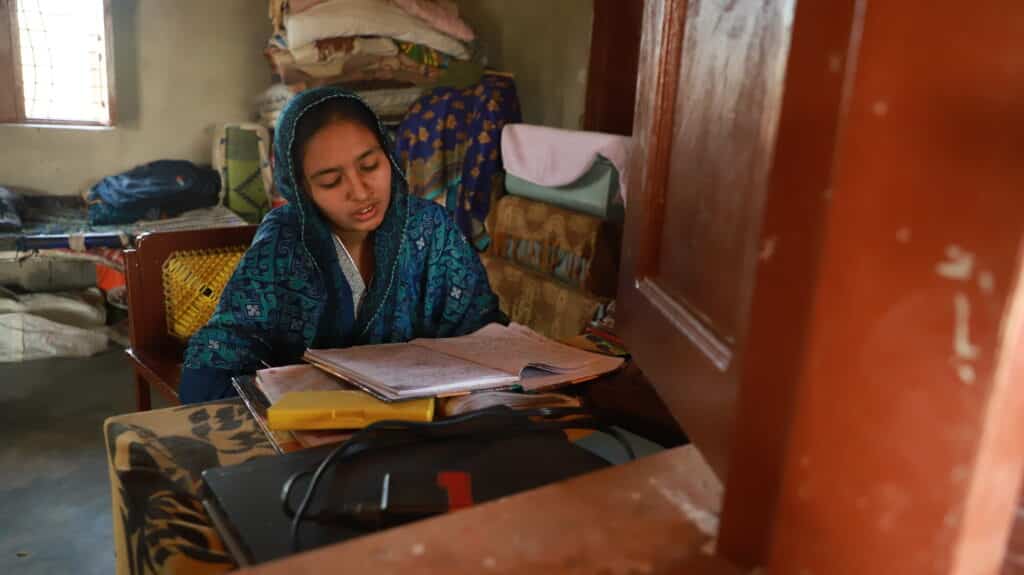
Pakistan hit hard by global aid cuts
In a nation already struggling with extreme poverty and unable to meet the community’s health and education needs, cutting vital funding for these services is disastrous. Act for Peace works alongside Community World Service Asia (CWSA) in Pakistan and their experience of the recent government aid funding cuts is difficult to fathom.

Advocate for humanitarian aid
As the US, UK and European governments slash international aid budgets, we face an unprecedented humanitarian crisis. Refugees and displaced people need our advocacy now more than ever. Hear from our Senior Protection and Policy Advisor James Thomson who shares the impact of governments slashing their humanitarian aid budgets on the communities we serve.
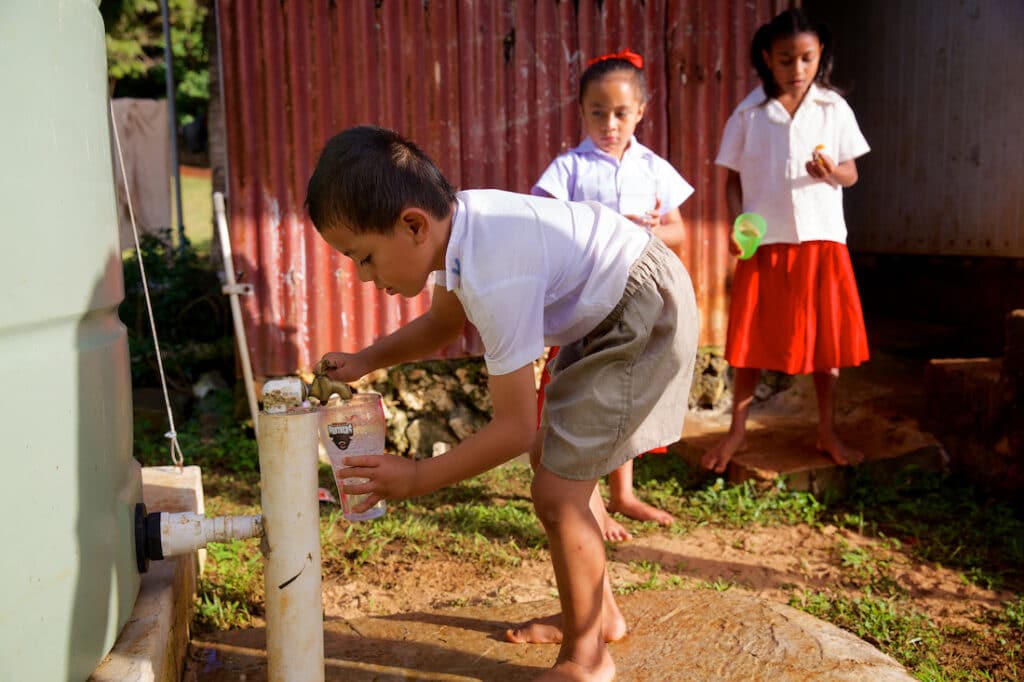
USAID funding cuts suspend health, education and humanitarian assistance around the world
The global humanitarian sector is grappling with uncertainty after the US government abruptly suspended funding and programs supported by the US Agency of International Development (USAID) for 90 days.
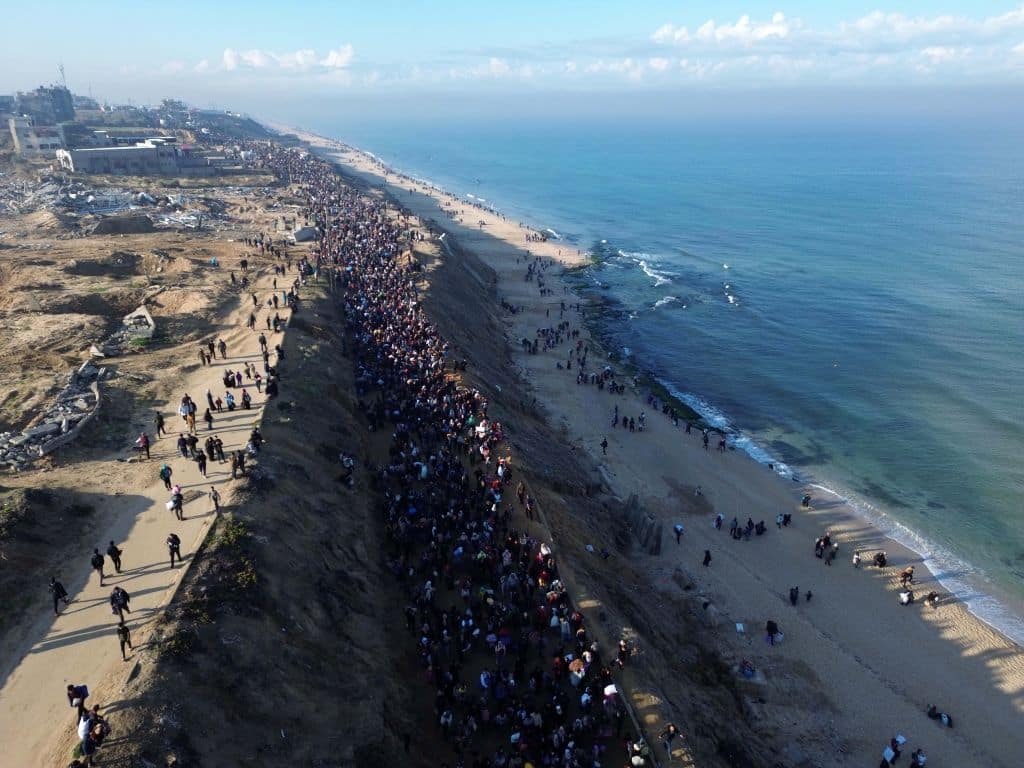
Australia shows greater commitment to addressing displacement crisis
We face an unprecedented global displacement crisis with more than 122 million people around the world without a safe place to belong – a figure that has doubled in just seven years. Addressing this requires strong policy commitments to protect those who are displaced, ensuring their rights and safety are upheld in every stage of
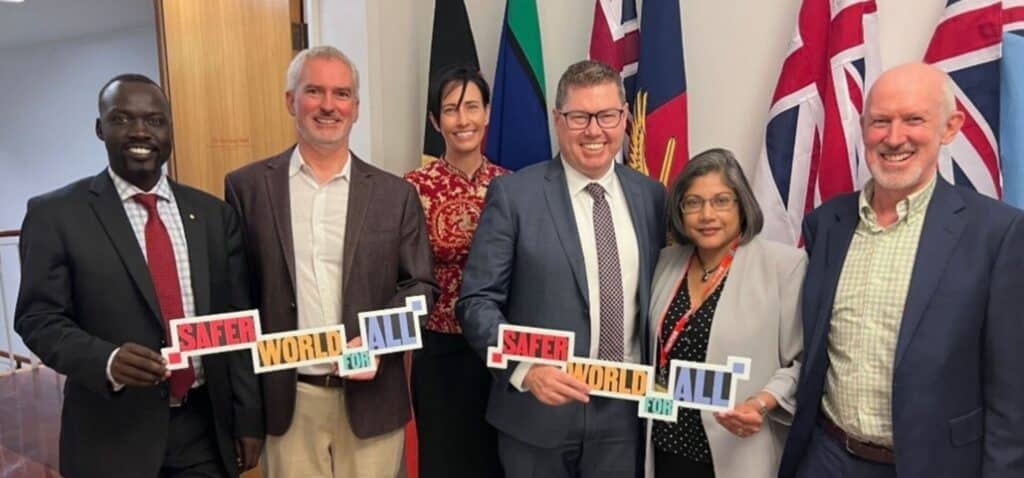
Building a safer and peaceful world
Feeling like the world’s about to end? Paralysed by ‘doom scrolling’ on social media? Too scared to book an overseas trip? Beyond the litany of daily horror – from the carnage in Gaza to the ongoing crisis in Myanmar – Act for Peace is doing just that, building a safer world, for all of us.
Subscribe
Stay in touch and join us in acting for peace by subscribing to our Peacemail e-newsletter.
Your privacy is important to us. Act for Peace collects your personal information in order to keep you informed about our projects, activities and opportunities to take action. By providing your information you are agreeing that Act for Peace may use it to contact you in the future. You can opt out of future communication or contact us with any queries, by emailing info@actforpeace.org.au, calling 1800 025 101 or writing to act for Peace, Locked Bag Q199, QVB NSW 1230. To reduce overheads we may provide your information to trusted suppliers who provide services on our behalf (including mail, data, phone, IT, processing and research). Our privacy policy is available at actforpeace.org.au/privacy-policy and contains information about (i) how we collect, store and use, plus how you can access and correct your personal information; (ii) how you can lodge a complaint regarding the handling of your information; and (iii) how any complaint will be handled by Act for Peace.
